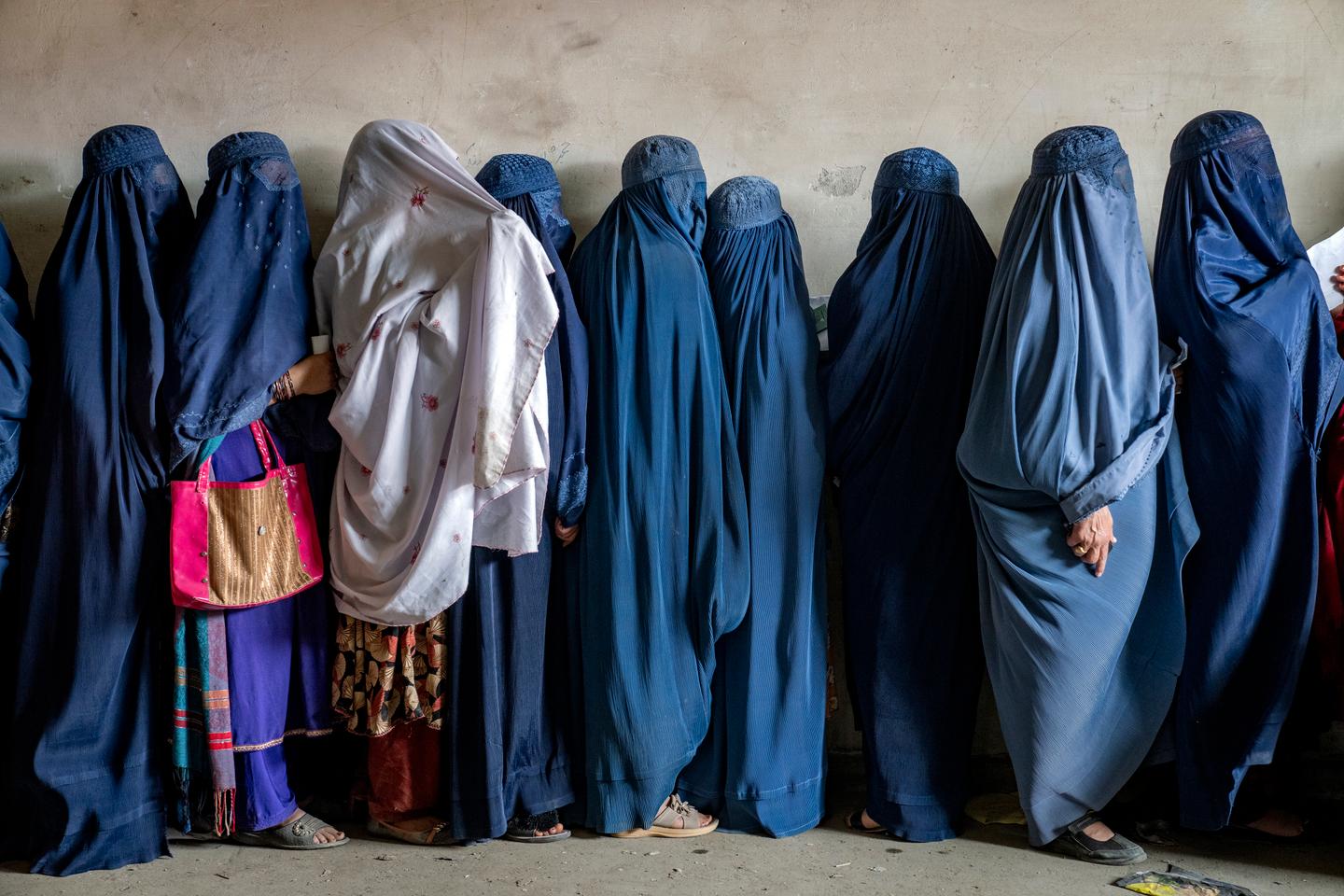


A plane takes off in chaos, civilians clinging desperately to its sides or landing gear, trying to flee impending repression: We still all remember that footage from Kabul airport on August 15, 2021, as the Taliban returned to power.
In four years, the new regime has made Afghan women and girls disappear from public life. It has also erased everything that even remotely evoked the memory of a state governed by the rule of law, starting with the judicial system.
The judicial system has been completely dismantled and replaced with one based on a strict interpretation of Islamic Sharia law. Riddled with inconsistencies, it is characterized by impunity for the Taliban and their allies, and arbitrary, unjust, closed-door trials for everyone else. It is also defined by discretionary power in the application of punishments, such as public floggings and executions.
Arbitrary arrests and torture
This tightening of freedoms and the increase in corporal punishments have especially targeted Afghan women. While they had held active roles as judges, prosecutors and lawyers before the Taliban's return, most have since been forced to go into hiding or exile after being dismissed from their positions.
Across Afghan society, women have become invisible. Banned from parks or from walking the street without a male guardian (mahram), they have been forced to submit or risk facing brutal repression. Those who resist have been subjected to arbitrary arrest, torture and ill-treatment, enforced disappearances, or forced marriages to Taliban officials as "punishment" for their "offenses."
Since 2021, the war that has been waged against women is gradually being won by the Taliban, aided by the silence of the international community, whose attention turned to Ukraine and then Gaza, plunging Afghan women into renewed oblivion.
As a rare sign of hope, their situation was recognized by the International Criminal Court (ICC), which issued arrest warrants on July 8 for the Taliban's supreme leader, Haibatullah Akhundzada, and the president of the Supreme Court, Abdul Hakim Haqqani, accusing them of the crime against humanity of gender-based persecution.
You have 55.2% of this article left to read. The rest is for subscribers only.
